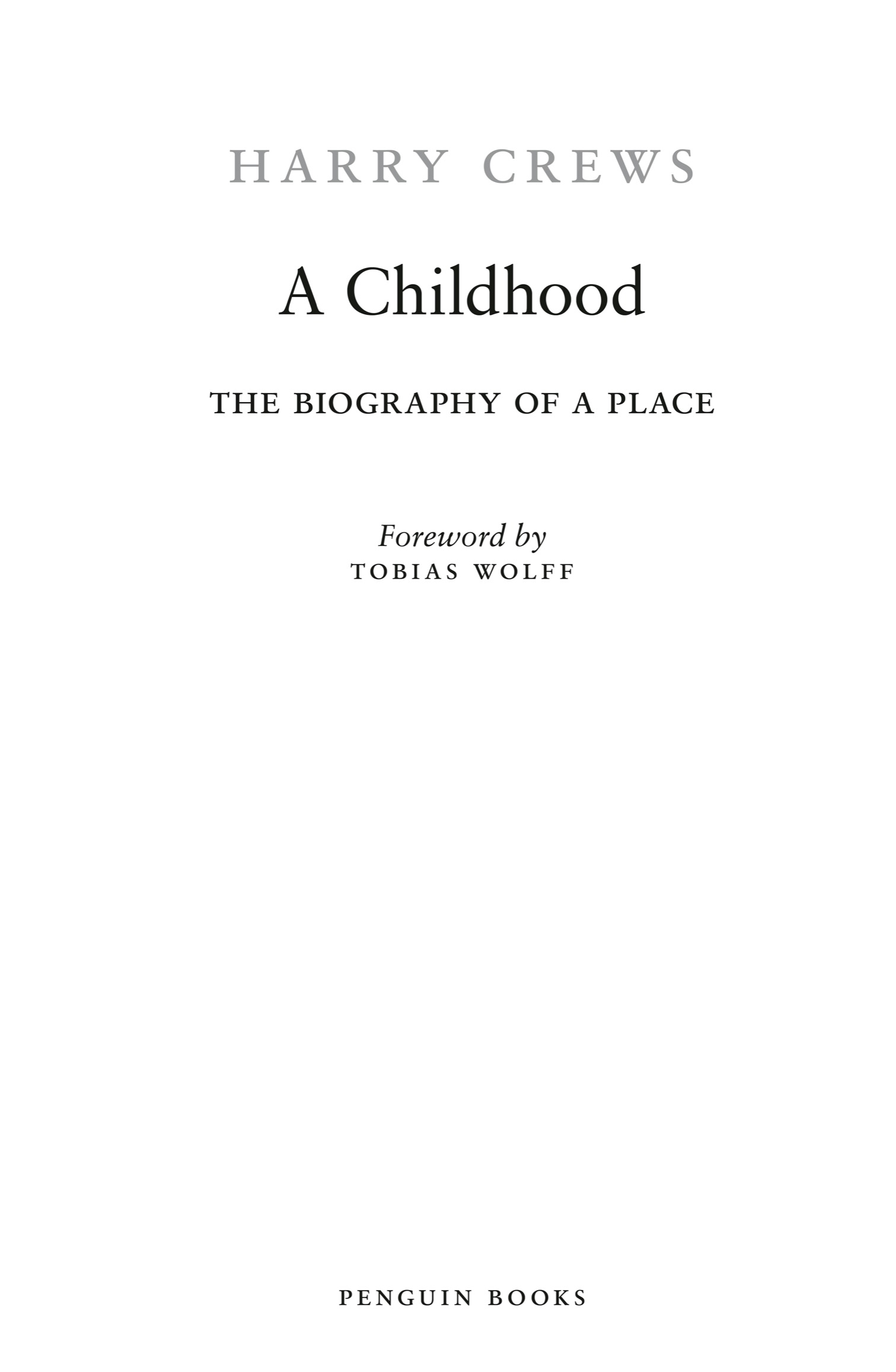penguin  classics
classics
A CHILDHOOD
harry crews was born in 1935 at the end of a dirt road in Alma, Bacon County, Georgia, a rural community near the Okefenokee Swamp. His father, a tenant farmer, died before Harry was two years old. A mysterious childhood paralysis; a horrible scalding accident; his mothers second, turbulent marriage and divorce from a drunken uncle whom Crews had been led to believe was his natural father; and a move to Jacksonville, Florida, for his mother to find factory work were experiences that would feed his desire to imagine and, ultimately, to write. As a teen, Crews served a tour in the Marine Corps. On the GI Bill, Crews attended the University of Florida, where he earned a bachelors degree in literature followed by a masters in education, with which he taught high-school and junior-college English. A protg of Southern novelist Andrew Lytle, Crews published his first short story in the Sewanee Review in 1963. He published his first novel, The Gospel Singer, in 1968. Its publication earned Crews a new teaching job at the University of Florida and paved the way for the publication of seven more novels over the next eight years, including Naked in Garden Hills (1969); Car (1972); The Hawk Is Dying (1973), which was adapted into a film released in 2006; The Gypsys Curse (1974); and the widely acclaimed A Feast of Snakes (1976). Crewss reputation as a bold and daring new voice in Southern writing grew during this time. In the 1970s, he wrote for popular magazines, including a monthly column for Esquire and essays for Playboy, and screenplays. In 1978, Crewss memoir of his youth, A Childhood: The Biography of a Place, was published to enduring acclaim. Two compilations of his nonfiction works, Blood and Grits and Florida Frenzy, were issued in 1979 and 1982, respectively. A decade of drug and alcohol abuse and creative lapses ended in 1987 with the publication of his ninth novel, All We Need of Hell. Crews retired from the classroom after teaching for thirty years at the University of Florida in Gainesville. Crews, who died in 2012 at age seventy-six, was a prominent writer in the literary genre known as Dirty South or Grit Lit, notable for its bizarre characters, grotesque violence, and satirical surrealism. His artistic forebears include William Faulkner, Flannery OConnor, and Erskine Caldwell, but Crews remade Southern gothic in his own rough-hewn image in eighteen memorable novels, including Karate Is a Thing of the Spirit (1971), The Knockout Artist (1988), and Body (1990), dozens of riveting nonfiction pieces, and one of the finest memoirs in American literature. In 2002, the University of Georgia Libraries inducted Harry Crews into the Georgia Writers Hall of Fame.
tobias wolff is the author of the novels The Barracks Thief and Old School, the memoirs This Boys Life and In Pharaohs Army, and the short story collections In the Garden of the North American Martyrs, Back in the World, and The Night in Question. His most recent collection of short stories, Our Story Begins, won The Story Prize for 2008. Other honors include the PEN/Malamud Award and the Rea Awardboth for excellence in the short storythe Los Angeles Times Book Prize, and the PEN/Faulkner Award. He has also been the editor of Best American Short Stories, The Vintage Book of Contemporary American Short Stories, and A Doctors Visit: The Short Stories of Anton Chekhov. His work appears regularly in The New Yorker, The Atlantic, Harpers, and other magazines and literary journals.
PENGUIN BOOKS
An imprint of Penguin Random House LLC
penguinrandomhouse.com
First published in the United States of America by Harper & Row Publishers 1978
Published with a foreword by Tobias Wolff in Penguin Books 2022
Copyright 1978 by The Estate of Harry Crews
Foreword copyright 2022 by Tobias Wolff
Penguin supports copyright. Copyright fuels creativity, encourages diverse voices, promotes free speech, and creates a vibrant culture. Thank you for buying an authorized edition of this book and for complying with copyright laws by not reproducing, scanning, or distributing any part of it in any form without permission. You are supporting writers and allowing Penguin to continue to publish books for every reader.
library of congress cataloging-in-publication data
Names: Crews, Harry, 19352012, author. | Wolff, Tobias, 1945 writer of foreword.
Title: A childhood : the biography of a place / Harry Crews ; foreword by Tobias Wolff.
Description: First edition. | New York : Penguin Books 2022. | Series: Penguin classics
Identifiers: LCCN 2021029407 (print) | LCCN 2021029408 (ebook) | ISBN 9780143135333 (paperback) | ISBN 9780525506768 (ebook)
Subjects: LCSH: Crews, Harry, 19352012Childhood and youth. | Novelists,
American20th centuryBiography. | Bacon County (Ga.)Biography. |
LCGFT: Autobiographies.
Classification: LCC PS3553.R46 Z46 2022 (print) | LCC PS3553.R46 (ebook) | DDC 813/.54 [B]dc23
LC record available at https://lccn.loc.gov/2021029407
LC ebook record available at https://lccn.loc.gov/2021029408
Cover photograph: Jason Fulford
pid_prh_6.0_139403811_c0_r0
This book was written for my boy, Byron Jason Crews
Survival is triumph enough.
david shelley, in conversation
Contents
Foreword
To enter this book is to enter another world. Though set in an American stateGeorgiain a time not so distant from our ownthe first half of the twentieth centuryany temptation to feel ourselves on familiar ground is continually revealed as illusion. The way of life Harry Crews describes here, its culture, relation to the land, its employments, trials, pleasures, and dangersdangers that he himself barely survivedforbids the comfort of recognition. At times, but for the distinctive American music of the voices Crews records, and the occasional mention of a truck or tractor, we might well imagine ourselves in feudal Europe, or the Russia of serfdom. Or, given the eruptions of interfamily violence begetting revenge begetting more violence, Sicily. His past is indeed another country.
A word about those tractors. They figure as a distant rumorwe never see one, any more than we see the owners of the exhausted, unyielding land farmed by Crewss family and their neighbors. Those who plow these fields do so with the help of mules, if theyre lucky enough to own one. Crewss father was not so lucky. He had to harness himself to the plow, make a mule of himself from sunup to sundown. Worn out by the labor, he died at thirty-three, leaving his family destitute.
Wounds or scars, Crews writes, give an awesome credibility to a story. He himself bore enough of these to support any number of stories. And so, it is clear, did the people he grew up with, their lives scarred by poverty and violence. In the absence of effective legal authority, they were left to settle their differences without official mediation or constraint. Indeed, recourse to the sheriff defined a man as a weakling, destined to be brutalized and savaged endlessly. Crews witnessed violence in his own home, and felt it like a pulse in the society around him, brought on by causes great and trivial: As many men have been killed over bird dogs and fence lines in South Georgia as anything else. His stepfather, in a drunken rage with Crewss mother, blew the mantel off their fireplace with a shotgun, and the night might well have come to a worse ending. I knew for certain, he writes, that it was not unusual for a man to shoot at his wife.

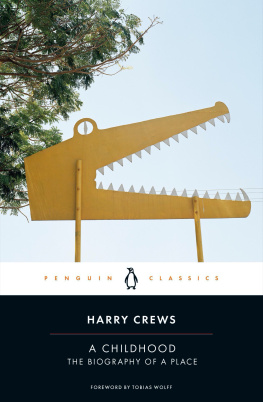
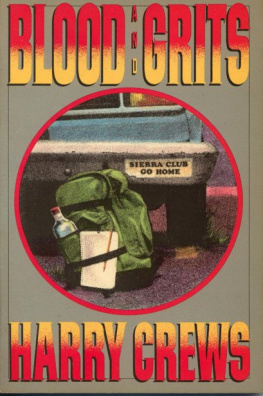
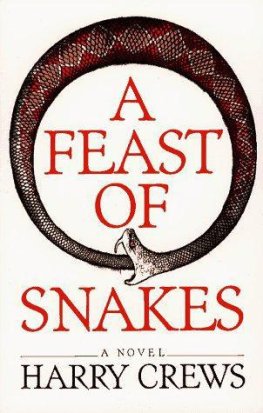
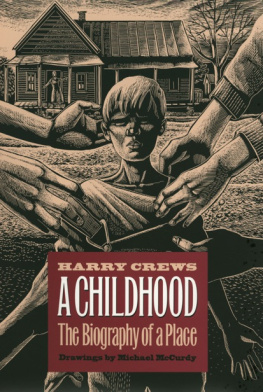
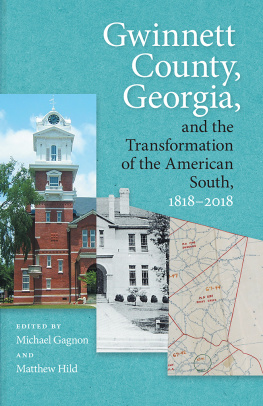

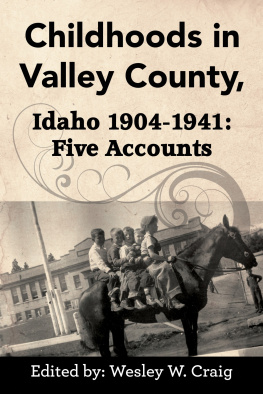
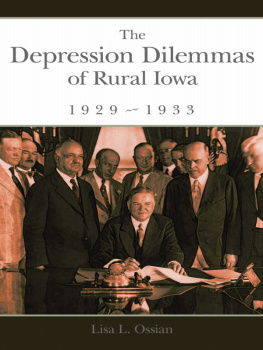
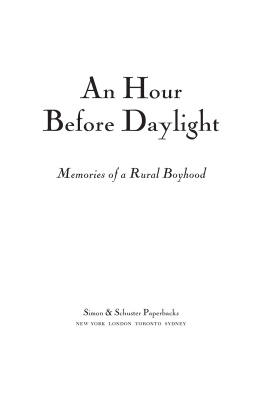
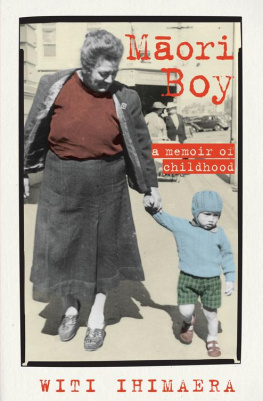
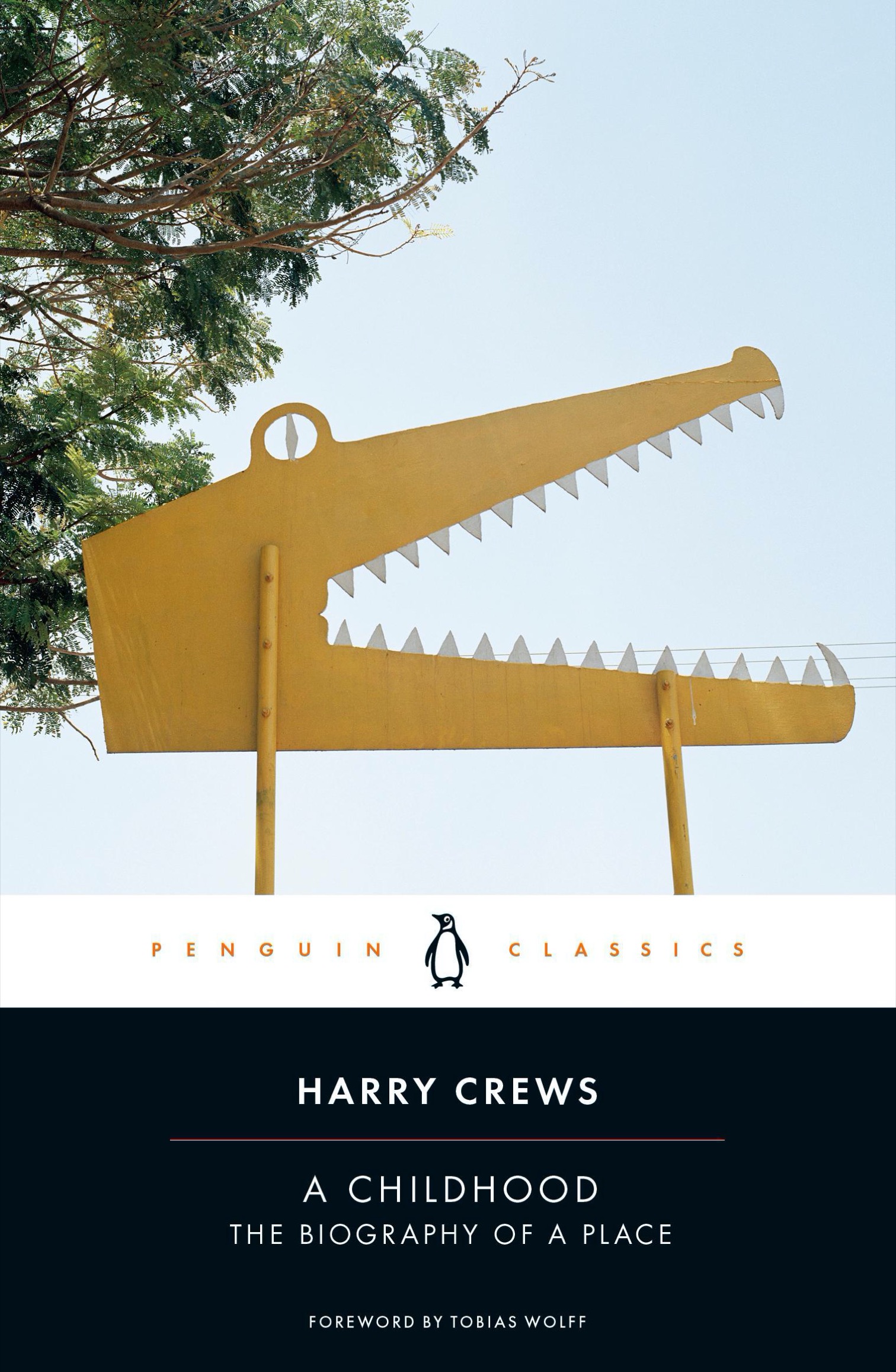
 classics
classics